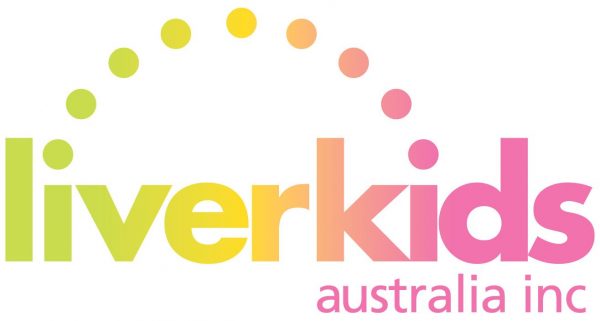We thought we might put this post together to give some tips on how to manage life at home with your immune-suppressed kid, or kid with a chronic illness during a time of great uncertainty and public health emergency.
This morning the PM said that schools will be staying open. There is conflicting medical advice about whether this is the best approach, but that’s where we are for now. For parents with an immune-supressed or chronically ill child you might decide that school is not a good idea at the moment. Please note though that the medical advice from NSW is that Liver Kids should go to school unless otherwise advised.
At our place the kids have been home for 2 days this week – because big sister has a non-COVID19 illness. We took it as an opportunity to set a routine for possible future schooling from home. The suggestions we make below won’t necessarily work for everyone, but hopefully they will help you set something up.
Firstly, if your school hasn’t already been in contact with you about options for your liver kid then you should speak to them about what can be done to support your child. A student with a medical vulnerability should have special considerations put in place, and access to learning, in the event that they need to stay home from school.
I am a high school teacher, currently (and luckily) on long service leave. I have made a timetable for my kids, who are also both in high school, based on their school day. We are starting ‘school’ at 9:30, at which time they need to be dressed, had breakfast and generally ready for the day. Work is done in the lounge room, not in bedrooms. This gives a greater sense of separation between working and relaxing
9:30 – school starts. Work on any assignments they have coming up, studying for tests, doing any classwork uploaded by teachers
10:30 – going for a walk. We live in an area that is not a current COVID 19 hotspot, and it is suburban. You might prefer to do an indoor physical activity – YouTube is a goldmine for finding ideas/tutorials/training sessions
11:00 – break. Their time is their own here
11:30 – back to school. They continue work on assignments and study
12:30 – lunch. Again their time is their own
1:30 – final school session for the day
2:30 – jobs around the house. These can be either day to day things (folding washing), or long term projects you haven’t had time for (going through kitchen cupboards)
A day and a half in, this is working well, but I will certainly change things around as needed. I think if we have to do this long term I would do a 4 day week of the timetable, not 5. As a rule, kids can concentrate closely on a task for about a minute per year of age plus 5 minutes. So my 15 year old might have 20 minutes worth of concentration before a reset is needed. Individual kids will vary of course. So although each ‘school’ session in the timetable is an hour long I would not expect any kid to do one thing for that hour. And if I had younger kids I would schedule in breaks that were shorter, but more frequent.
Your kid will inevitably run out of official school work to do because they will probably work more efficiently at home. I have come up with a list of approved ‘school activities’ that they can do if they don’t have work or assignments set by their teachers. Again, this is based on the subjects they are currently doing at school. For example:
- Reading a book (fiction or non-fiction)
- Listening to a foreign language podcast (you can find these online, including on Spotify)
- Practising a foreign language (Duolingo is an excellent free app for this and has a lot of language options)
- Music practice
- Sewing or other craft
- Personal interest research (which they can share with the family)
- On-line learning (your school might subscribe to Mathspace, Education Perfect, Spellodrome or similar)
- Working through maths or science textbooks
- Drawing
- History or geography research on a topic of interest
- Educational YouTube videos
- Creative writing
There are lots of other things you can do that are educational, eg:
- Cooking
- Learning to touch type
- Age-appropriate life skills
- Board games
- Puzzles
And remember if there is work your child is set that you aren’t sure how to do…well that is what the internet is for. Until yesterday I didn’t know how to autocreate a line graph in google sheets, but now I do. If there is something that you kid is really having trouble understanding or working out, don’t worry about it. Move on to something else and come back to it later. Or don’t. If it is vital for their education they will have the opportunity to learn it when they are back at school. Remember that the important thing about school is the process of learning and problem-solving, more than the individual facts they will learn.

